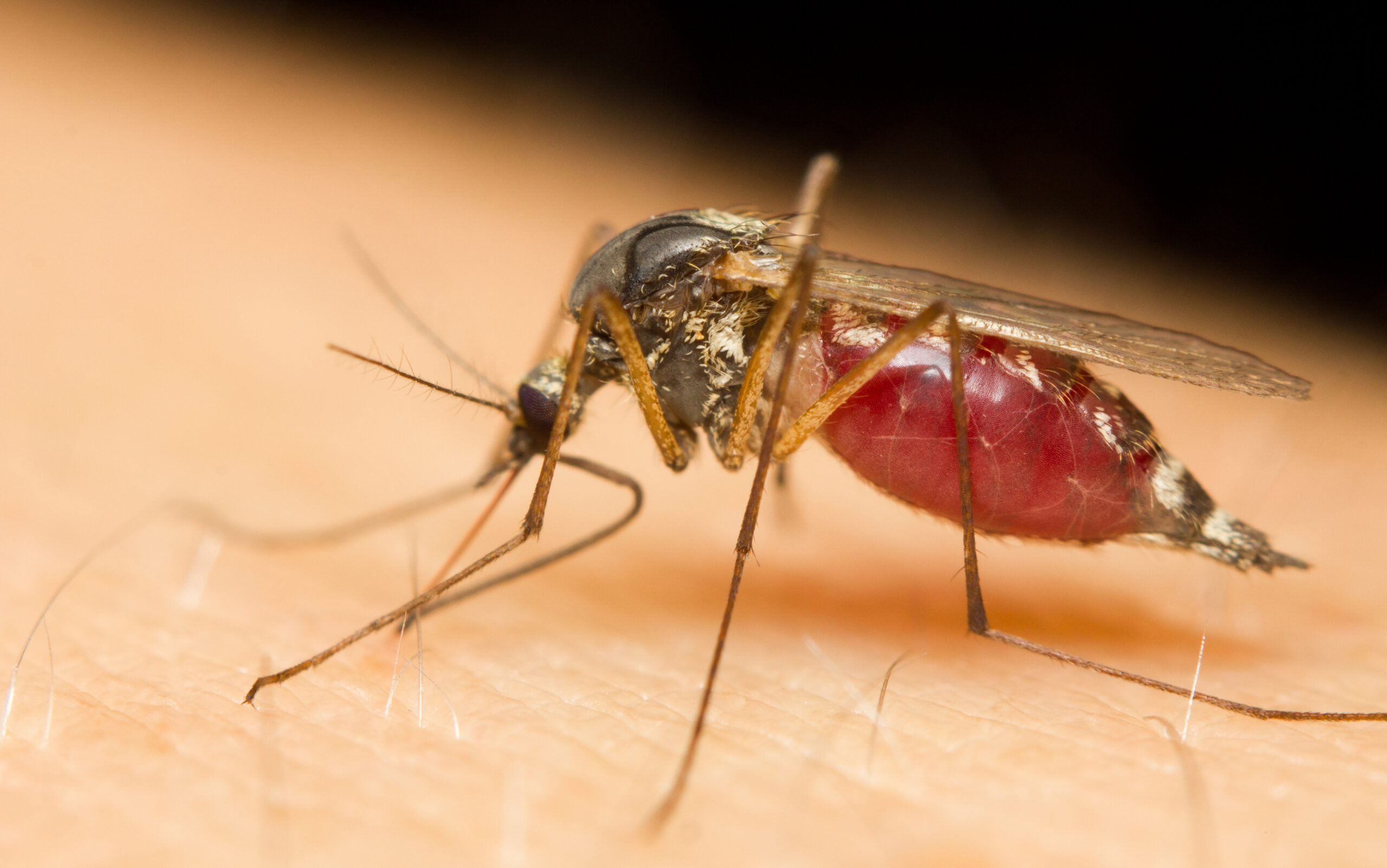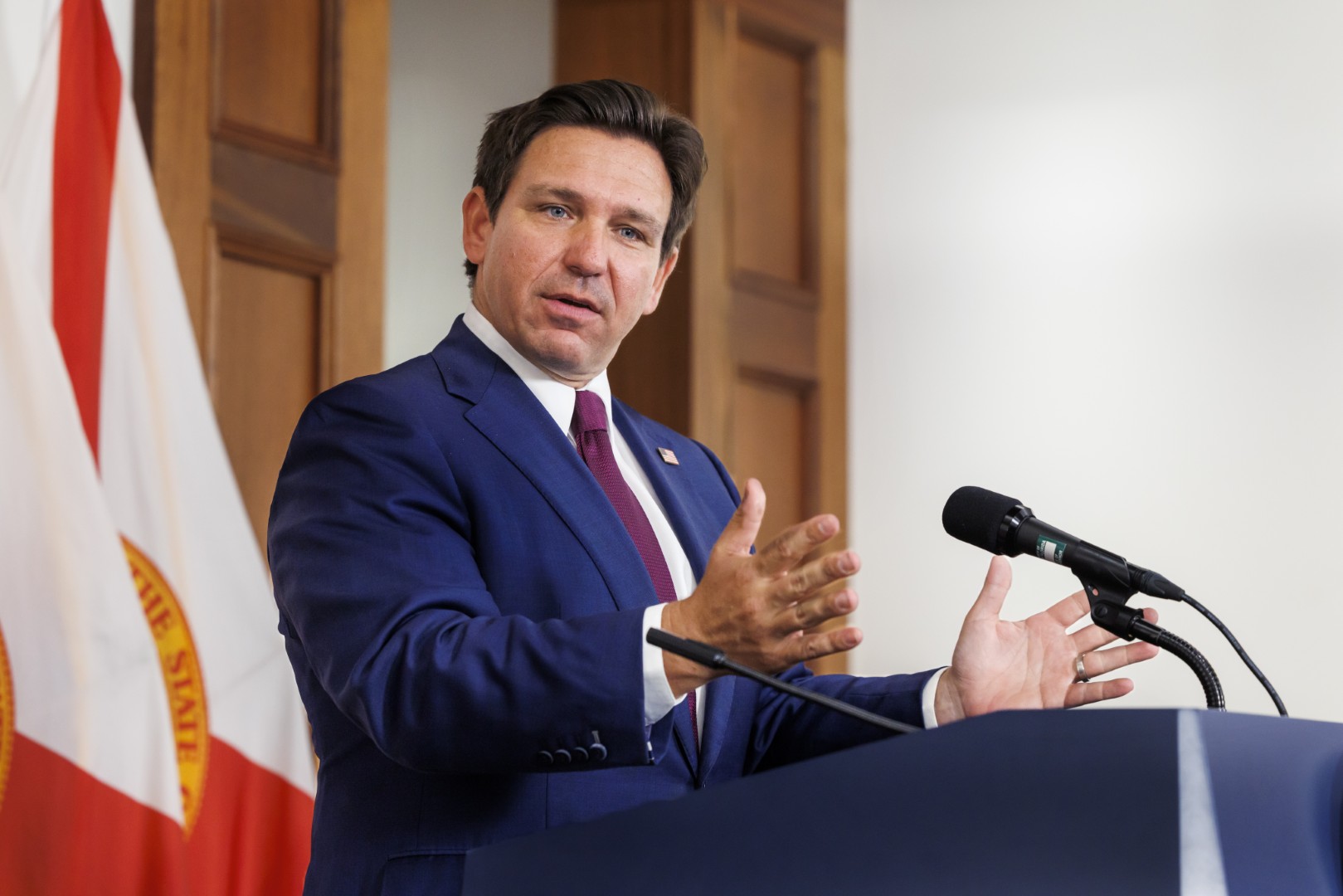As the director of the Florida Medical Entomology Laboratory at the University of Florida, I am fortunate to have access to world-class scientific minds and cutting-edge technology.
But in Florida, this expertise and innovation doesn’t just stay in the classroom or laboratory. They are deployed in all 67 counties to control mosquitoes, keep residents and visitors safe, and ensure our state remains the best in the nation to live and work.
Florida has long been an international leader in mosquito control. The Florida Mosquito Control Association (FMCA) was founded over 100 years ago by local business leaders who realized that the state’s economy and health required vigilant and collaborative approaches to reduce the risk.
Since then, our work and expertise have become internationally renowned. Florida hosts symposiums that bring mosquito control professionals from around the world, eager to learn and share successful approaches to keeping the public safe.
There are more than 80 species of mosquitoes in Florida. While most pose little or no threat, many can carry harmful or deadly diseases for humans and animals.
For example, some mosquitoes carry the dengue virus, which sickens hundreds of millions worldwide yearly.
While the disease is relatively rare in Florida, our state experienced more than 1,000 travel-related and 91 local cases of dengue virus in 2024.
How do we work to protect Floridians from this disease? We deploy a wide range of techniques, and each of our mosquito control districts works together.
In labs around the state, highly trained scientists analyze mosquitoes to determine if they are carrying disease.
They also monitor livestock and chickens, who act as early warning systems. Scientists routinely take and analyze blood samples to determine if mosquito-carried diseases are present.
We also take to the air with tools like the Skydio drone, a powerful tool for identifying mosquito breeding grounds from above. Drones provide the ability to visually inspect and perform control measures in otherwise difficult-to-reach areas.
With some mosquitoes resistant to traditional pesticides, innovative strategies make Florida an international leader in cutting-edge mosquito control techniques.
Among those is the “Sterile Insect Technique,” which uses X-rays to sterilize male mosquitos, which are released to mate with females with resulting eggs that are not viable.
The Florida Keys Mosquito District has also successfully used Oxitec’s targeted biological pest control technology to combat the disease-transmitting Aedes aegypti mosquito.
But even with the technology and science being used around the state to control mosquitoes, one of the most effective tools will always remain smart vigilance from every Floridian.
Preparing for mosquitoes is similar to what Floridians do each hurricane season. Simple steps like removing standing water and wearing insect repellant can reduce mosquitoes around your home and mitigate public health risks.
The truth is that mosquitoes will continue to carry diseases and adapt to some control measures. That means we must also continue to adapt, and creating and using innovative practices will always be needed to keep Florida safe and welcoming for everyone.
For more information, visit FMCA by clicking here.
___
Dr. Jorge Rey is the FMCA president and professor at the University of Florida’s Medical Entomology Laboratory.
Post Views: 0

 Entertainment8 years ago
Entertainment8 years ago
 Politics8 years ago
Politics8 years ago
 Entertainment8 years ago
Entertainment8 years ago
 Entertainment8 years ago
Entertainment8 years ago
 Tech8 years ago
Tech8 years ago
 Tech8 years ago
Tech8 years ago
 Tech8 years ago
Tech8 years ago
 Politics8 years ago
Politics8 years ago










